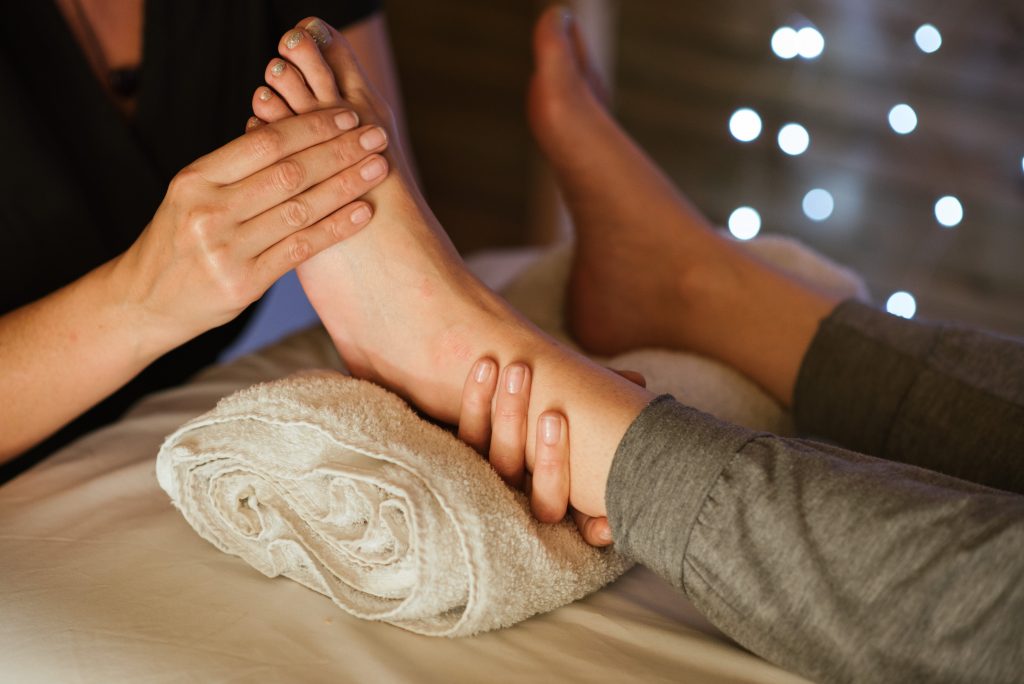The Science of Relaxation: How Spa Therapies Boost Well-being
In the fast-paced rhythm of our lives, finding moments of tranquility has become a precious commodity. The quest for well-being goes beyond mere luxury; it’s a fundamental need rooted in the intricate connection between our bodies and minds. This article unravels the science behind relaxation, focusing on spa therapies and their profound impact on well-being.

Understanding Spa Therapies
Spa therapies encompass a range of treatments designed to promote relaxation and enhance overall health. From massages and facials to hydrotherapy and aromatherapy, these practices delve into the scientific principles of inducing a state of calmness.
Effects on the Body
The benefits of spa therapies extend to the physiological realm. By targeting stress hormones, spa treatments contribute to a significant reduction in cortisol levels, promoting a harmonious balance within the body. Improved blood circulation and the modulation of the nervous system further amplify the positive impact.
Cognitive Benefits
Scientific studies highlight the cognitive benefits of relaxation. Stress reduction through spa therapies correlates with enhanced cognitive function. The interplay of neurotransmitters during relaxation also contributes to mood improvement and emotional well-being.
Physical Benefits
On a physical level, spa therapies offer muscle relaxation, alleviating tension accumulated from daily activities. Skin treatments play a role in detoxification, cleansing the body of impurities through pores opened during spa sessions.
Choosing the Right Spa Experience
Individual preferences play a crucial role in the efficacy of spa therapies. Tailoring experiences to meet personal needs ensures a more meaningful impact on overall well-being.
Professional Insights
Experts in the field emphasize the scientific grounding of spa therapies. Recommendations from professionals shed light on how these practices align with the body’s natural processes, emphasizing their role in promoting well-being.
Popular Spa Treatments: The Science Behind Them
Delving into specific treatments, such as deep tissue massages, aromatherapy, and hydrotherapy, this section dissects the scientific mechanisms that make these therapies effective in promoting relaxation and well-being.
Realizing the Long-Term Impact
To truly embrace well-being, it’s essential to view spa therapies as more than occasional luxuries. Incorporating these practices into a regular routine enhances their long-term impact on overall health.
Common Myths and Facts About Spa Therapies
Dispelling common myths surrounding spa therapies, this section brings clarity to misconceptions and reinforces the scientifically proven facts that underpin the effectiveness of these treatments.
Conclusion
In conclusion, the symbiotic relationship between spa therapies and well-being is rooted in science. As we navigate the complexities of modern life, understanding and embracing the profound impact of relaxation on our bodies and minds becomes paramount. By incorporating spa therapies into our lives, we embark on a journey towards holistic well-being.
FAQs
- How often should one go to the spa for optimal well-being benefits?
- Spa frequency depends on individual needs, but incorporating it into your routine, even monthly, can yield lasting benefits.
- Are spa therapies suitable for everyone, including those with certain health conditions?
- Most spa treatments are adaptable, but individuals with health concerns should consult professionals before choosing specific therapies.
- Do spa treatments have scientifically proven effects on stress reduction?
- Yes, numerous studies confirm the stress-reducing effects of spa therapies, showing positive impacts on cortisol levels.
- Can spa therapies contribute to better sleep quality?
- Yes, the relaxation induced by spa treatments can positively influence sleep patterns, promoting better quality rest.
- Is there a recommended age to start incorporating spa therapies into one’s routine?
- Spa therapies can benefit individuals of various ages, and there’s no specific age to start enjoying their well-being advantages.
